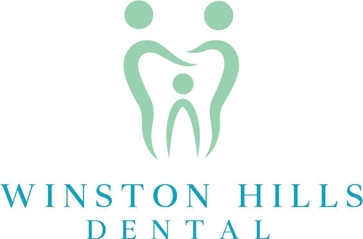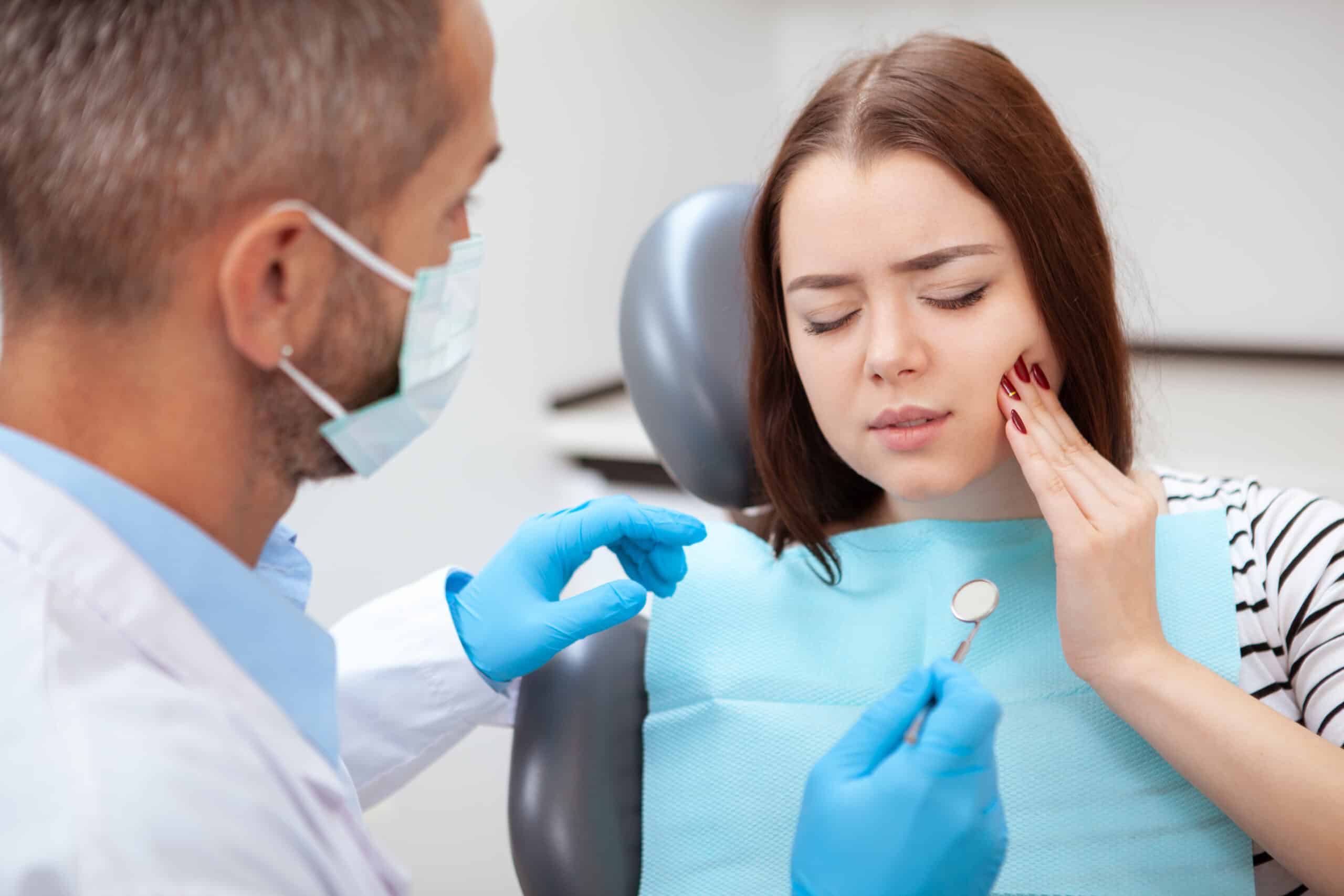Dental emergencies can be a frightening and painful experience. To respond appropriately, it is essential to understand what constitutes a dental emergency and the best course of action for addressing such an issue.
This article will discuss the definition of a dental emergency, common causes, and steps to respond.
The impact of oral health on overall physical well-being cannot be overstated; prompt attention to any dental emergency could prove invaluable in preserving one’s quality of life.
Therefore, individuals must become aware of how to identify potential dental emergencies and take appropriate measures to address them urgently.
Signs Of A Dental Emergency
A dental emergency is a situation where one or more teeth are damaged and require immediate attention from a dentist. It can be anything from severe trauma to the mouth, such as a fractured jaw, to minor issues like bleeding after brushing teeth. In either case, individuals need to be aware of the signs of a dental emergency and know what steps to take to receive proper dental treatment.
The most obvious sign of a potential dental emergency is pain. This could include intense throbbing or an unbearable ache that worsens when applying pressure. Other symptoms may include swelling around the affected area, sensitivity when eating hot or cold foods, excessive bleeding in the mouth, and tooth loss due to decay or injury.
If any of these occur, patients should seek help immediately to avoid further damage. Some simple measures can be taken at home to reduce inflammation while waiting for an emergency appointment with a dentist. Applying a cold compress on the outside of the face near the site of pain can provide temporary relief until professional care is available. Over-the-counter medications such as ibuprofen can alleviate discomfort but should not replace regular visits with one’s primary dentist for preventative maintenance appointments.
It’s difficult to predict when an emergency will occur, and no amount of planning can prepare someone entirely for this scenario. That said, understanding common dental emergencies and knowing how best to respond in each circumstance can minimize additional distress related to oral health concerns during stressful times.
Common Types Of Dental Emergencies
A dental emergency is an issue that requires immediate attention from a qualified dentist. It can range from mild to severe and may include toothache, a wobbly tooth, or extreme pain in the mouth. The most common types of dental emergencies and advice on when to seek emergency treatment are described below.
- Toothache: A toothache is a sign of infection or decay in the teeth. Counter pain medication usually provides temporary relief, but visiting your dentist as soon as possible is essential for root canal treatment or other procedures such as a dental crown or extraction.
- Wobbly Tooth: If one of your teeth starts feeling loose, this could be caused by gum disease, and you should see your dentist immediately before any further damage occurs. Depending on its severity, they may suggest using braces or wire retainers to fix the problem.
- Severe Pain: Sudden onset of severe oral discomfort might indicate an abscessed tooth that needs prompt medical attention to prevent permanent damage or health risks associated with untreated infections. Over-the-counter medications won’t help much in these cases, and professional care is necessary to manage the condition effectively and quickly relieve the symptoms.
Knowing what constitutes a dental emergency and when to seek appropriate treatment can save lives, reduce suffering and improve overall oral health outcomes for patients worldwide. With proper education about different signs and symptoms of serious issues related to our mouths, we can better protect ourselves against potential problems resulting from neglecting regular dental care visits and taking proactive steps towards good oral hygiene practices at home.
When To Seek Emergency Dental Treatment
Dental emergencies are any dental pain, trauma, or infection requiring immediate professional attention. They can range from severe toothaches and uncontrolled bleeding to widespread infections caused by decay or an abscessed tooth.
To effectively treat these issues, patients must seek emergency care from a qualified dentist nearby.
When considering whether or not to visit the emergency dentist, individuals should consider their current situation and symptoms. If they are experiencing extreme discomfort due to pain or sensitivity, have suffered physical trauma to their mouth, such as breaking a tooth, or notice any signs of swelling in the gums, then seeking treatment is highly recommended.
Additionally, if excessive bleeding comes from the teeth and gums that cannot be stopped with gauze or pressure, this also warrants urgent medical attention.
Other situations where emergency dentistry may be required include unresolved cases of toothache lasting more than two days despite taking over-the-counter medications; loosened crowns and fillings; sudden discolourations in several teeth; and intense headaches which could point towards a more significant problem within the mouth such as disease or infection.
When faced with one of these conditions, getting help immediately before things worsen significantly is best.
To ensure proper healing after an injury and prevent further damage, those suffering from dental issues must contact an emergency dentist promptly to receive appropriate treatment. This will not only alleviate their current distress but also give them peace of mind knowing they are being taken care of by experienced professionals who understand how serious these problems can become when left untreated.
Moving forward with timely action allows patients to approach potential solutions quickly rather than dealing with long-term repercussions later on down the line.
How To Handle A Dental Emergency
It is essential to be prepared for a dental emergency and know when to seek professional help. Emergencies often come with no warning, so it’s best to know what kind of treatment you may need if an accident happens.
To understand how to handle a dental emergency, let’s review some common scenarios that require medical attention.
If any gum tissue or pieces of teeth are missing due to an accident, gently rinse your mouth with warm water and apply gauze until you can reach your dentist during business hours. Avoid putting pressure on the affected area when eating cold foods by chewing only on the opposite side of your mouth. Additionally, try not to swallow any remnants of tissue or fragments that may cause additional damage when ingested.
Dental fractures can also occur in emergencies and should always be taken seriously, as they can lead to further complications. If you experience a severe fracture in an actual tooth, contact your dentist immediately, even if it doesn’t seem necessary at first glance. It’s critical to receive proper dental services within 24 hours following the incident to reduce pain and inflammation while preventing permanent damage.
For those who need flexibility when scheduling appointments due to their busy lifestyle or other commitments, many dentists offer same-day appointments or open availability outside of regular office hours for urgent situations like these. Therefore, it is possible to get immediate care without sacrificing time off work or school activities.
Knowing how to manage a dental emergency properly can save lives and prevent more serious conditions from developing over time; however, prevention is still vital to avoid such incidents, which we’ll discuss next.
Tips For Preventing Dental Emergencies
The prevention of dental emergencies is paramount for maintaining optimal oral health. Several preventative measures can be taken to reduce the risk of these occurrences.
One way of doing this is by visiting a dentist regularly, as they will perform necessary checks and treatments on teeth to keep them healthy and strong.
Additionally, practising good oral hygiene habits at home is essential, such as brushing twice daily with fluoride toothpaste, flossing once a day, rinsing after meals, and avoiding sugary snacks.
Eating hard foods cautiously is essential when it comes to preventing crowns, fractures or chips from occurring in teeth. Eating crunchy fruits like apples should be done carefully to avoid injury to the teeth. Using a straw when drinking beverages or consuming acidic food may also help protect against damage caused by contact between the teeth and liquids or other substances.
In some cases where an injury has already occurred, or an infection in the mouth requires treatment such as tooth extraction or root canal therapy. Seeking prompt attention from dental professionals can significantly minimize the chances of long-term problems developing due to the condition being left untreated for too long.
Taking steps such as wearing protective equipment during physical activity can also aid in reducing severe injuries involving broken or knocked-out teeth, amongst others.
For those who want to maintain their oral health and reduce risks associated with emergencies, practising preventive care through regular visits with a dentist and proper hygiene techniques at home will go a long way towards achieving this goal.
Conclusion
Despite the inconvenience and disruption of daily life caused by dental emergencies, they can be prevented.
Appropriate oral hygiene practices such as brushing twice daily and flossing once a day are essential for maintaining good oral health.
Additionally, regular visits to the dentist will help identify potential problem areas that may require attention before any severe damage occurs.
It is ironic that taking preventative action can save time and money in the long run, even though it may seem like an extra effort at first.
Prevention is critical when avoiding dental emergencies and ensuring optimal oral health.

